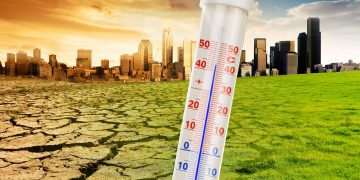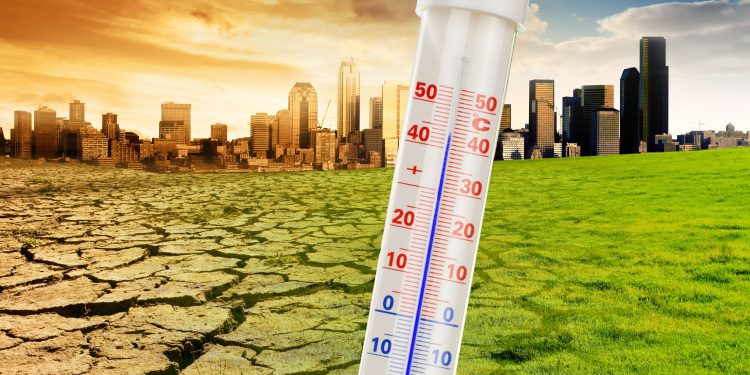#Climatehange #griculture #sustainablepractices #climate-smartagriculture #researchandinnovation
In this article, we will delve into the latest report by the United Nations on climate change and its impact on agriculture. The report warns of catastrophic consequences if we do not take immediate and effective action to reduce greenhouse gas emissions. To help farmers and agricultural scientists, the report also provides a survival guide that outlines practical measures to mitigate the effects of climate change.
According to the UN report, agriculture is one of the sectors that will be hit the hardest by climate change. Rising temperatures, changes in precipitation patterns, and extreme weather events such as droughts and floods will have a profound impact on crop yields, livestock production, and food security. The report also warns of the risks of soil degradation, water scarcity, and pest and disease outbreaks.
To address these challenges, the UN report provides a survival guide for farmers and agricultural scientists. The guide emphasizes the importance of adopting sustainable and climate-smart practices that can help mitigate the effects of climate change. These practices include agroforestry, conservation agriculture, integrated pest management, and efficient use of water and fertilizer.
The report also highlights the need for research and innovation to develop new technologies and practices that can help farmers adapt to changing climate conditions. This includes breeding crops that are more resilient to heat and drought, developing new irrigation systems, and using precision agriculture to optimize yields and reduce waste.
The UN report on climate change and its impact on agriculture is a wake-up call for farmers, agronomists, agricultural engineers, farm owners, and scientists who work in agriculture. The survival guide provides a roadmap for adapting to the changing climate conditions and mitigating the effects of climate change on agriculture. It is essential that we take action now to ensure a sustainable and resilient future for agriculture and food production.































